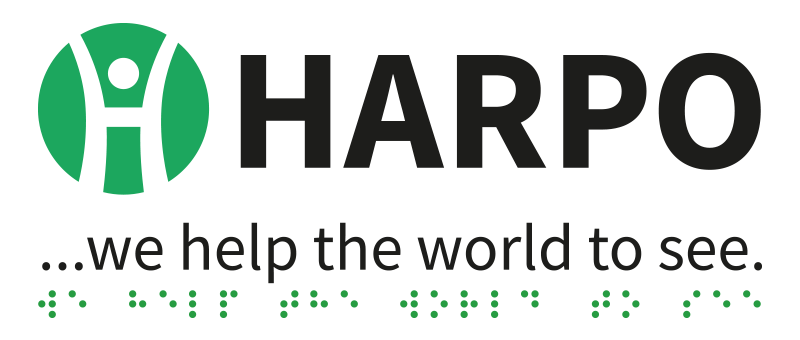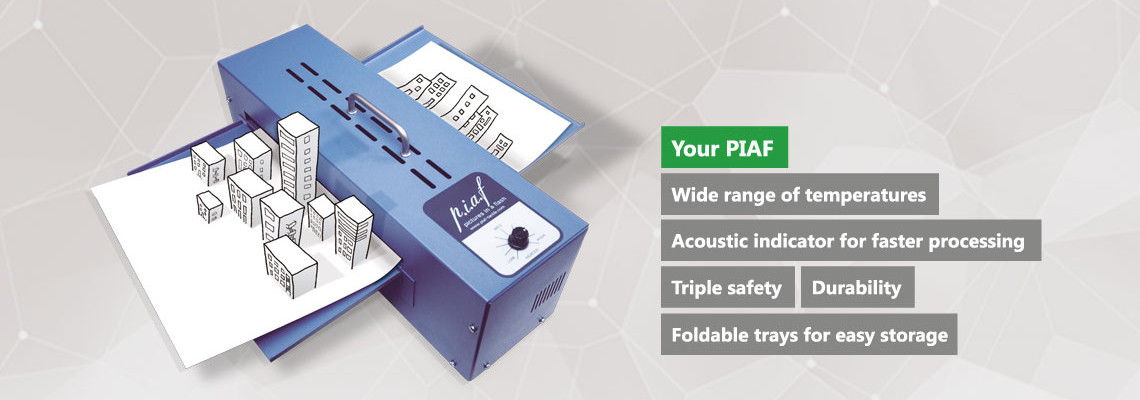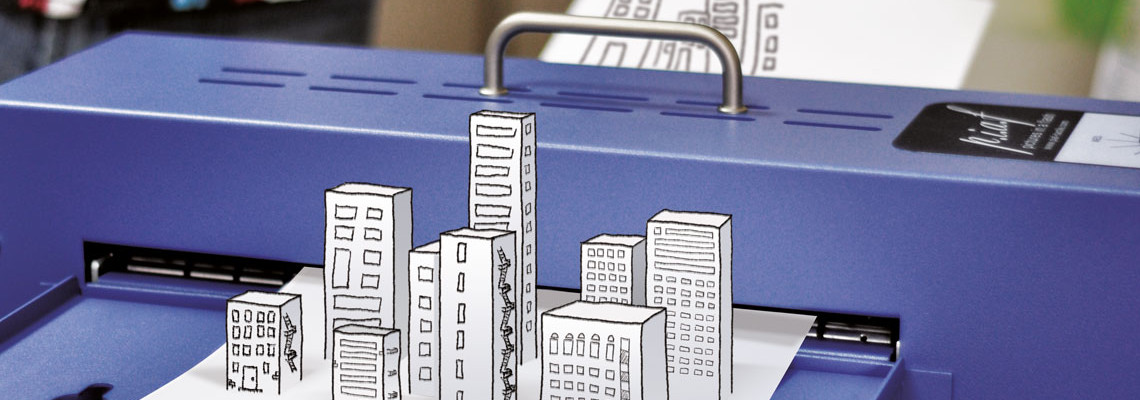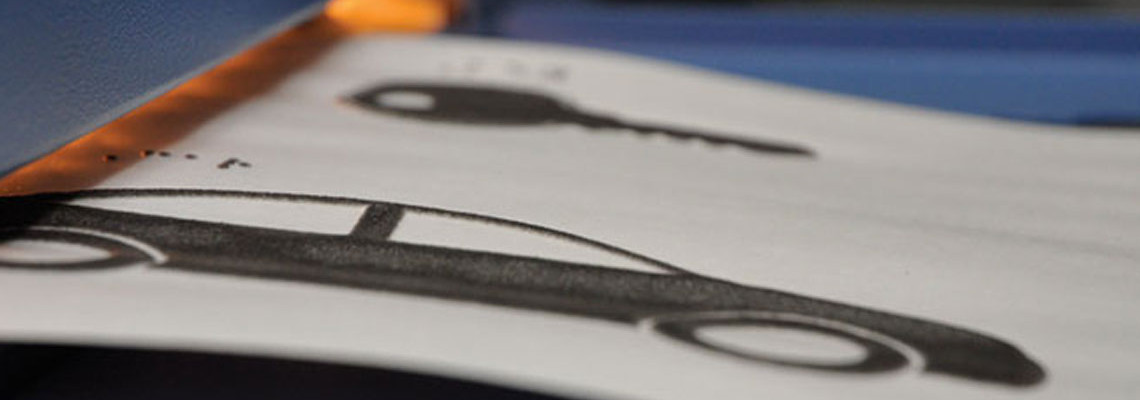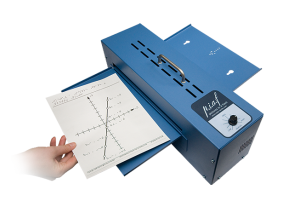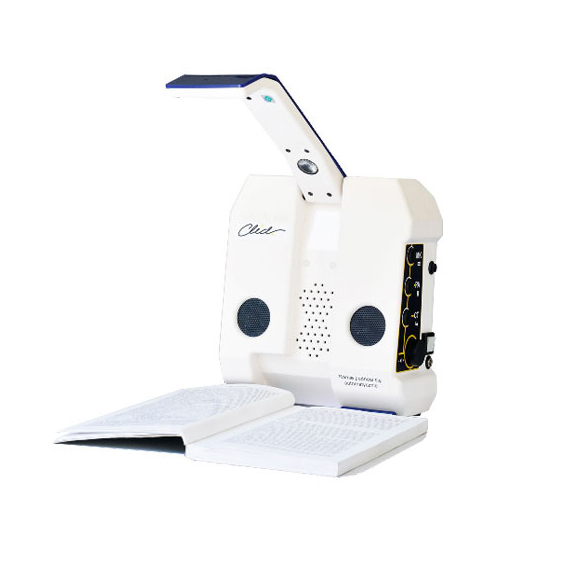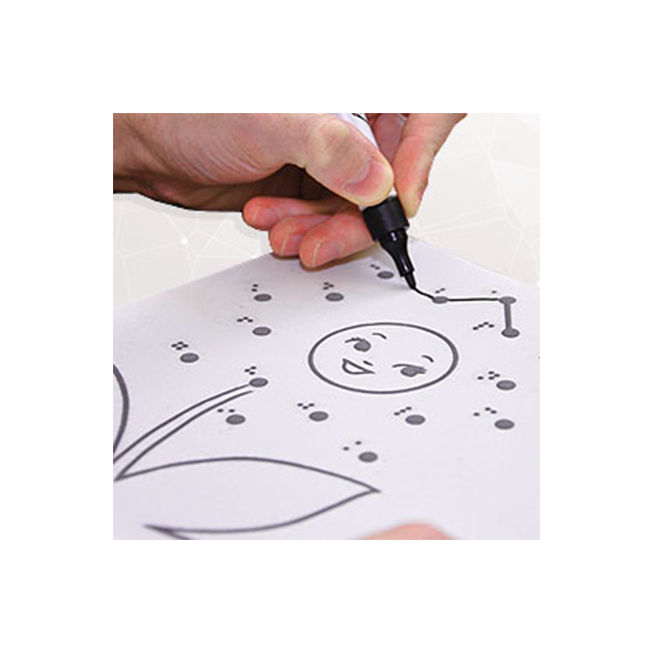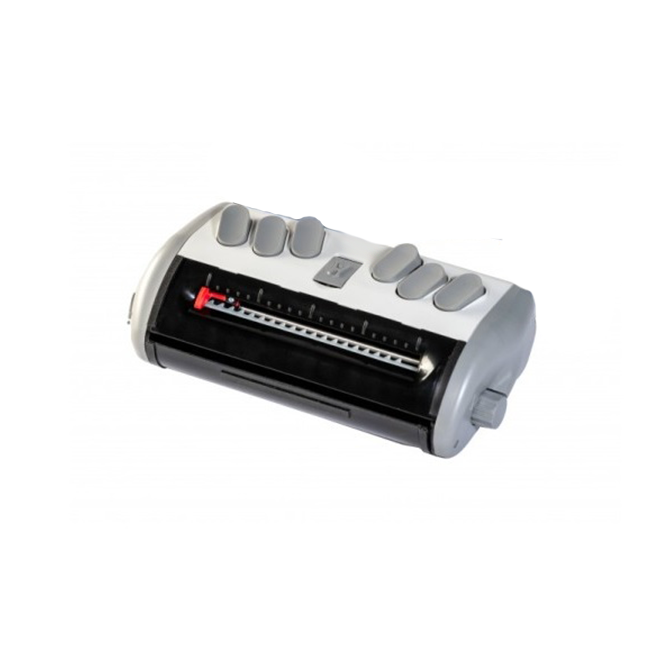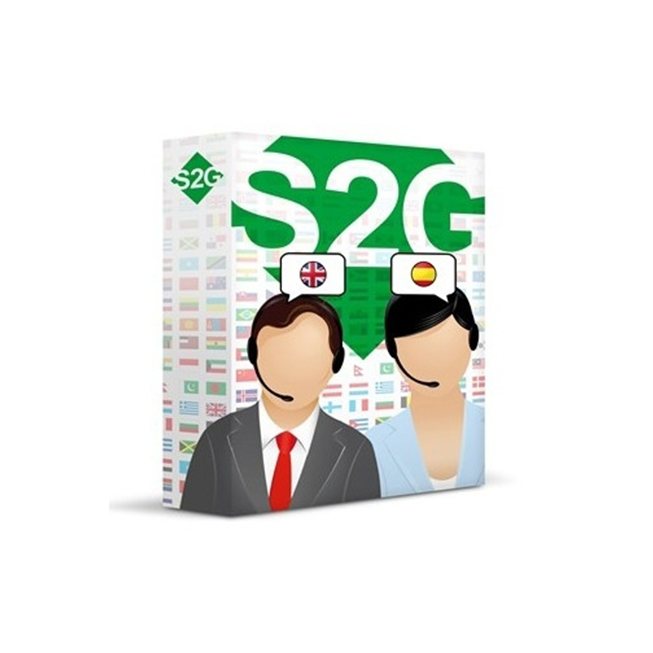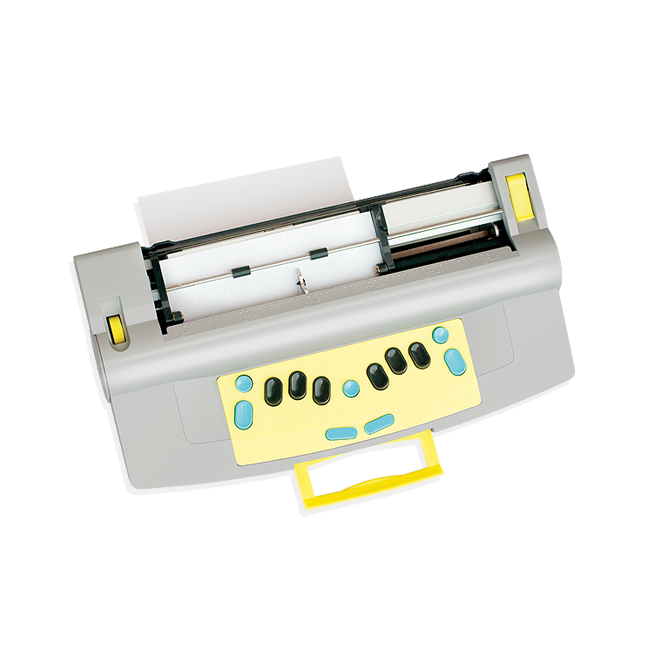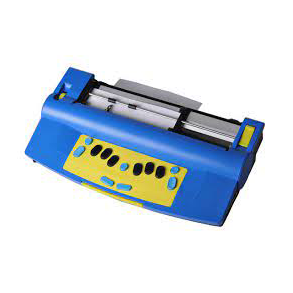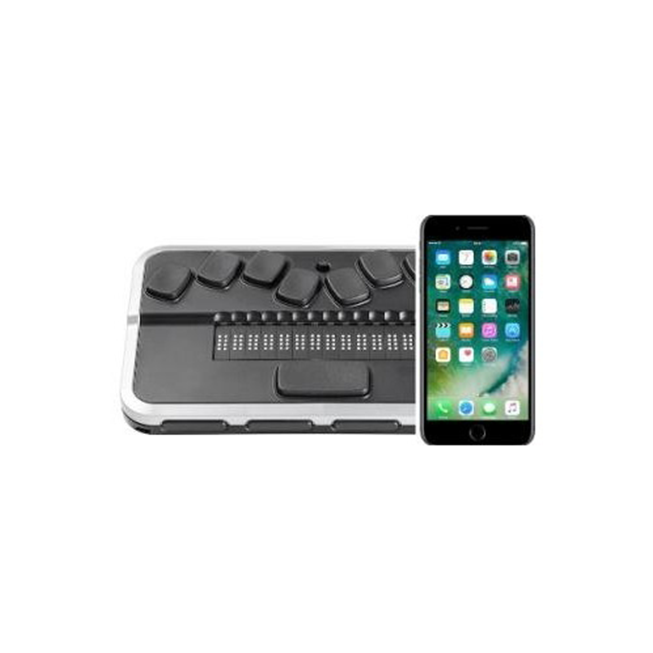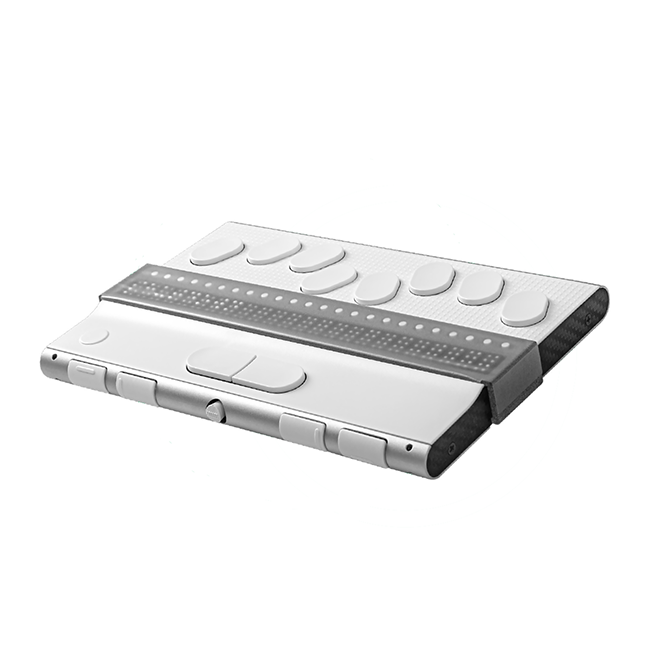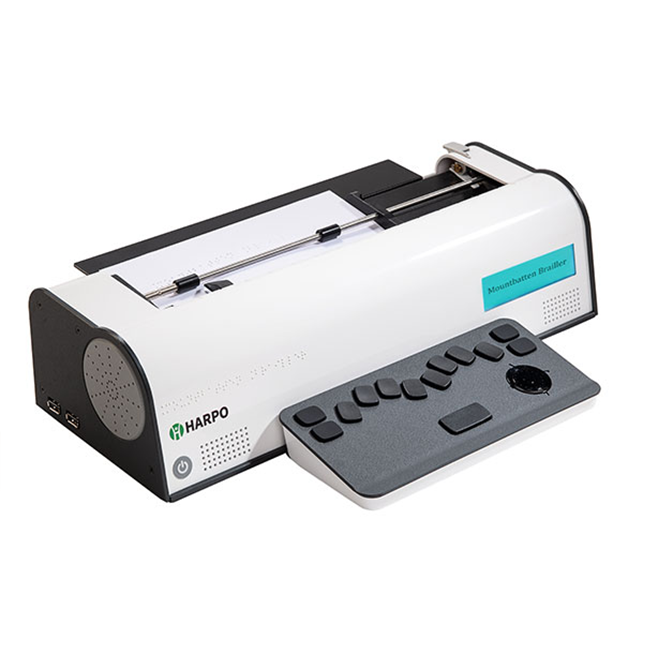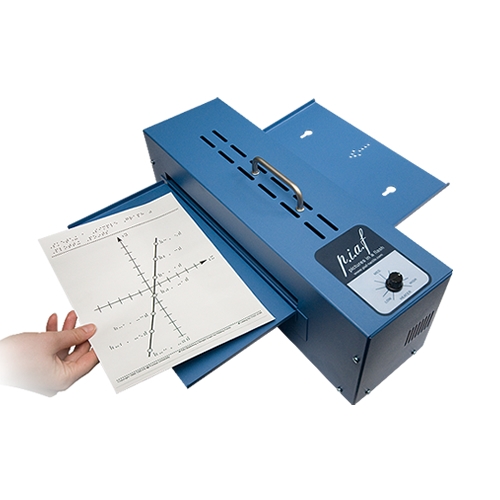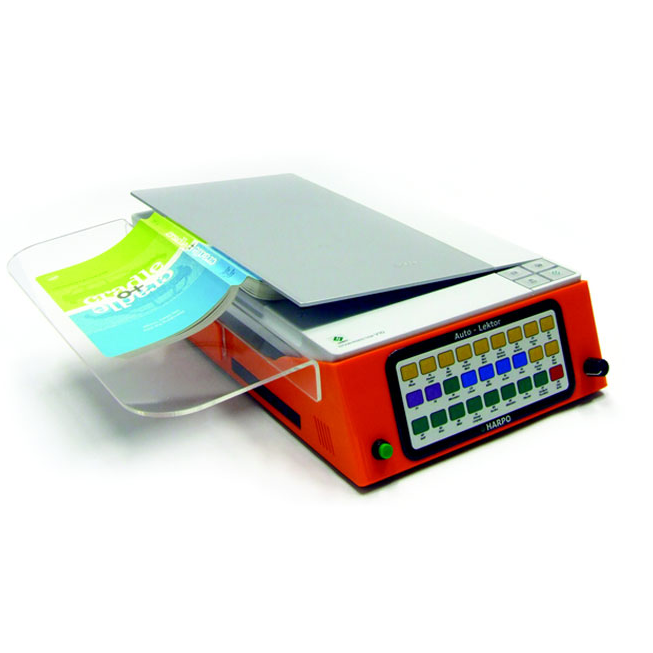PIAF Tactile Image Maker
High Quality Tactile Graphics in a Flash
Piaf produces high quality tactile graphics using heat sensitive capsule paper. It is ideal for people who are blind and vision impaired. Piaf’s controlled heat source causes any black lines, letters or shapes that are drawn, printed or copied onto the capsule paper to swell. The result is an instant tactile graphic.
It is especially effective when used with the Tangible Magic Paper. This paper with its superb characteristics allows the user to run it through the PIAF multiple times without compromising the quality of what has already been puffed up. This feature makes producing and handling tactile images more interactive and dynamic.
Features
- Paper sizes up to A3 (11″ x 17″),
- Fast operation,
- Sound cues during operation,
- Comprehensive safety features,
- Energy efficient,
- Easy handling and transport.
Specifications
- Dimensions: 190mm x 43mm x 147mm;
- Weight: 5.9kgs;
- Voltage: 240V or 110V;
- 9-step temperature control
Download
Graphics and Images
Piaf is being used in a variety of educational, employment and personal settings.
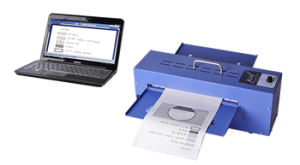 Education
Education
In early education Piaf can be used to introduce simple shapes and basic concepts; to introduce the concept of drawing and two-dimensional rendering of solid objects; to encourage students in taking the first tentative steps to expressing themselves graphically; and to teach the concepts of handwriting and signatures. Later, Piaf can be used to access graphical information in nearly all subject areas especially Mathematics and Sciences.
Orientation and Mobility
Piaf can produce high-quality local area maps for orientation and mobility training, or make campus or building maps for students or employees.
Employment
With Piaf, blind and vision impaired people can understand the information on a computer screen, grasp organisational structure of the business and access sales charts. One or two tactile diagrams can save thousands of words.
Home
Piaf can be used to make a chess board accessible, accessing pictures to know the difference between a giraffe and a leopard, and exploring world maps to identify where countries are located.
Instructional Videos


